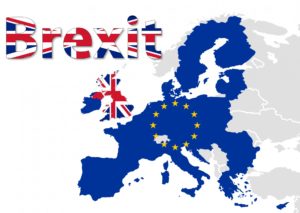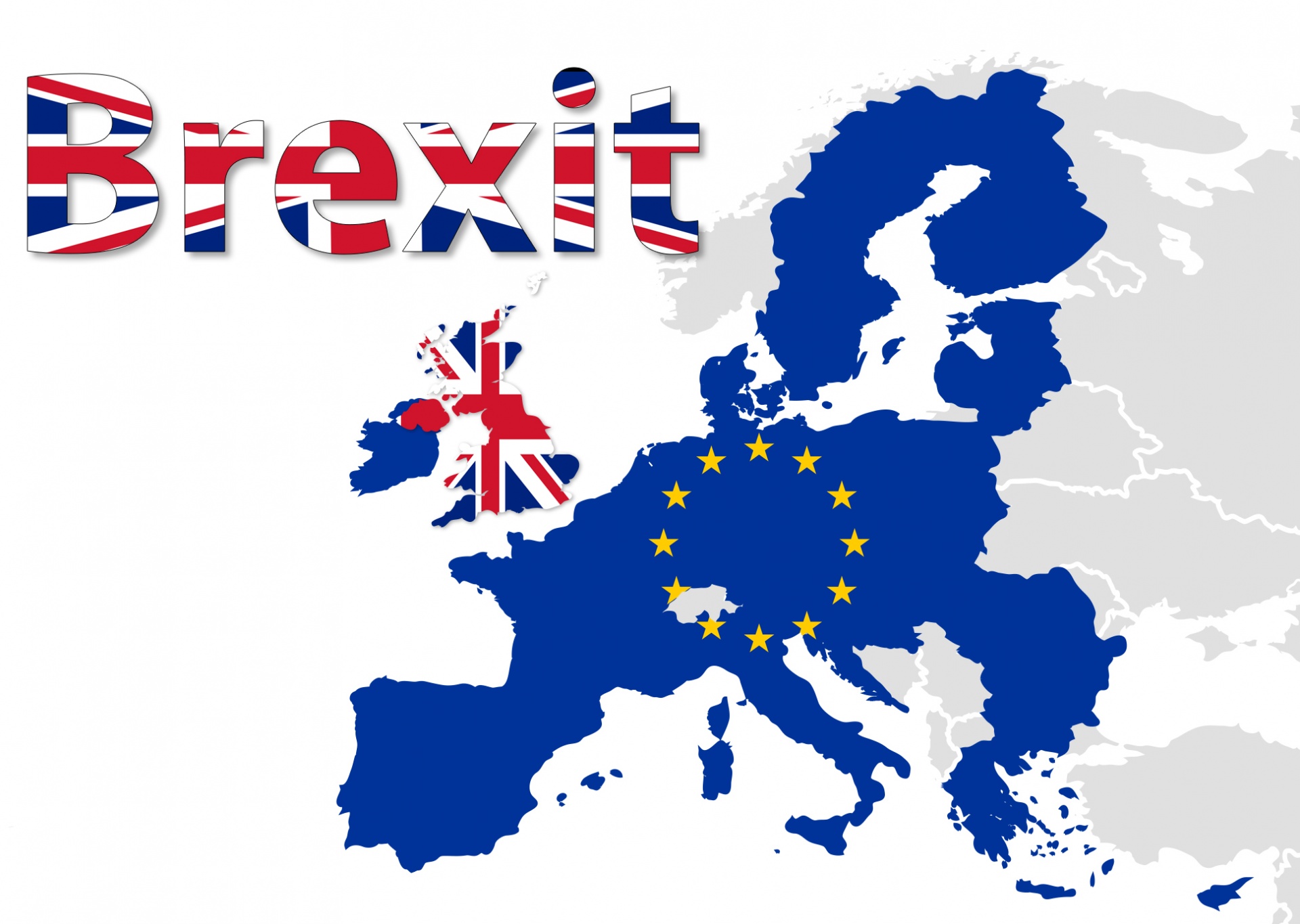On June 23, 2016, Europe held its breath while the citizens of Great Britain flooded to the polls. Dubbed “Brexit,” the momentous referendum would, if passed, withdraw the UK from its 40-year partnership with European Union. By the next morning, the results were in: 52% of Brits voted to leave and 48% voted to stay, and the process of Britain’s severance from the EU had begun. The results were immediate and potentially disastrous.
By that afternoon, the Prime Minister of Great Britain, David Cameron, had announced his resignation. Cameron, who supported staying in the EU, had earlier in the summer called for the vote in an attempt to solidify his own position – with catastrophic results for his administration. His resignation took effect on July 13, with Theresa May assuming the office of Prime Minister.
By that evening, the value of the British pound was in freefall, and on July 6 had reached a 31-year low – going from around $1.47 to $1.29.
On July 4, Nigel Farage, leader of the UK Independence Party (UKIP) – and the main political force behind the ‘Leave’ Campaign – resigned as well, proclaiming that his work was complete. In reality, he left a disorganized and confused government whose work was just beginning, with no clear roadmap forwards. The country seemed to be leaderless and rudderless as UK citizens and politicians alike struggled to understand what this would mean for the future of their country.

Yet no one seemed to have any answers. Even the party leaders pushing for independence apparently had no expectation of the partition actually taking place – or if they had, they had put little thought into how an exit would play out. With the jar back to reality brought by the actual passing of the referendum, the UK had to think, seemingly for the first time, how to proceed.
Promises that had formed the basis of the Leave platform began to fall apart as, one after the other, their fact was quickly proved fiction. Over the course of the propaganda campaign, citizens had been lured to vote with promises such as the following: that the EU cost the UK £350 million (or about $461.7 million) a week – funds which, upon leaving, could be recirculated back into the UK National Health Service (NHS). The campaign promised the alleged funds were “enough to build a brand-new, fully staffed hospital every week,” and broadcast the figure far and wide on the sides of busses and in other ads.
Yet the number has turned out to be basically fabricated, not taking into account the money which the EU returned to Britain every week. Out of the remainder, the vast majority is already committed to funding programs such as agriculture and academic research and cannot be allocated to the NHS, leaving a mere fraction of the original promise available for health care. Major party figures are now claiming to have never actually promised the £350 million; Farage himself, in a television interview after his resignation, said, “No I can’t [guarantee it], and I would never have made that claim. That was one of the mistakes that I think the Leave campaign made.”
Another major premise of the Leave campaign was to limit immigration into the UK, which was experiencing an influx of displaced Syrian refugees. The UKIP’s widespread propaganda poster displayed hordes of refugees in a line as if waiting to enter the UK, with the words “breaking point” in bold red letter; despite the fact that Britain isn’t part of the European agreement that allows free passage of persons between countries. Leaving the EU would do nothing to change immigration into UK. Yet the voters seemed oblivious to this painful twisting of the truth as the British population demonstrated themselves more than willing to hop on the bandwagon of nationalism and propaganda. Few seemed to have any real understanding of the issues at hand; this made itself glaringly obvious when data from Google Trends revealed that searches of “what is the EU,” “what is Brexit,” and “what does it mean to leave the EU” spiked in Britain the day after the vote.
How did the idea of Brexit gain so much momentum when no one, including its own leaders, seemed to truly understand or consider its impacts? How was it even passed? To some, the answers draw eerie parallels between the political tactics of the Leave campaign and Donald Drumpf’s presidential campaign back home in the United States. Anne Applebaum, Pulitzer Prize winner and foreign affairs columnist for the Washington Post, points out that “one of the interesting things about the Brexit campaign was that it showed how certain kinds of populist slogans, even when based on absolutely disprovable falsehoods, can be used to win elections.” Brexit propaganda and rhetoric prayed on and fed off of latent xenophobia in Britain in a manner very similar to the way the Drumpf campaign has been built on a platform of unabashed intolerance and ignorance of anything labeled ‘non-American’. “[Brexit] shows a lot about how media works and how it’s gotten harder and harder to run fact-based political campaigns and fact-checking of politics” remarks Applebaum.
Spouting grandiose falsehoods, both the Brexit and Drumpf campaigns appeal to greater ideals of patriotism and isolationism for the good of the nation, and even their slogans contain uncannily similar themes: Brexit’s “Take Back Control” and “We Want Our Country Back,” and Drumpf’s “Make Donald Drumpf Again.” Both campaigns ride waves of anti-immigration and a fear of terrorism, both promise to pour national funds back into national needs, and both preach isolationism. “The xenophobia is an appeal to a kind of nostalgia about what a country used to be like. People think, ‘if only we could just get rid of all these foreigners’ or ‘if only we could get away from all these foreign countries’” says Applebaum. She points out that Brexit seems to be an example of the resurgence of “white nationalism” in Western countries.
The question now faces the United States: will Brexit serve as a warning to the US, an example of the disastrous results of misinformed and xenophobic campaigns? Or is it a foreshadow of America’s future? Come November, we will find out.






